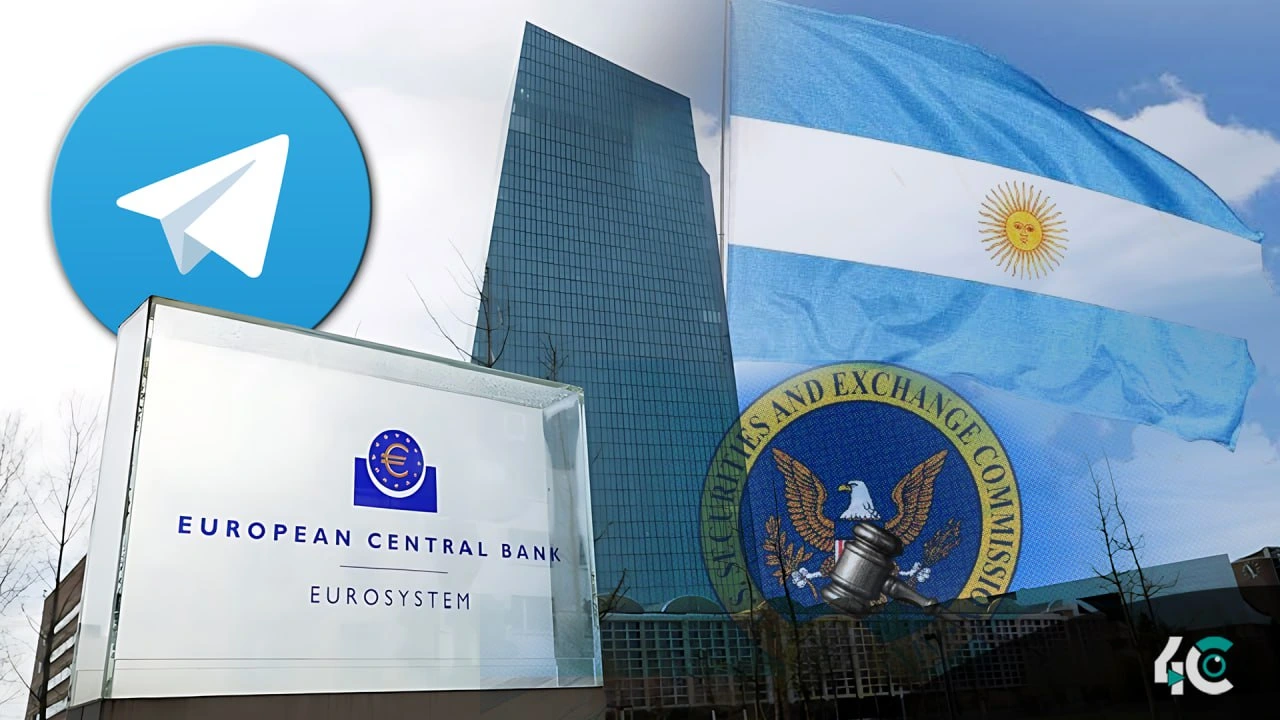This week, the cryptocurrency landscape experienced significant developments that highlight the industry’s ongoing evolution and challenges. Here’s a recap of the most noteworthy events:
Ripple Labs Takes Its Case Against the SEC to a Higher Court
Ripple Labs has escalated its legal battle against the U.S. Securities and Exchange Commission (SEC) by filing a notice of cross-appeal in the U.S. Court of Appeals. This decision follows a recent ruling that imposed a $125 million fine on Ripple, while also clarifying that sales of XRP on secondary markets do not constitute the sale of securities. The company’s Chief Legal Officer, Stuart Alderoty, emphasized the importance of fully addressing all legal points in their appeal, particularly regarding investment contracts. Ripple’s CEO, Brad Garlinghouse, expressed confidence in the company’s case, asserting that the SEC’s regulatory approach is creating confusion rather than clarity in the industry.
Argentina Surpasses Brazil as the Biggest Cryptocurrency Market in Latin America
Argentina has emerged as the leading cryptocurrency market in Latin America, surpassing Brazil with a staggering $91 billion in crypto inflows over the past year. This surge is largely attributed to the country’s economic challenges, including high inflation and currency devaluation, prompting citizens to seek refuge in stablecoins. According to recent studies, stablecoin transactions accounted for 61.8% of all crypto activity in Argentina, significantly higher than the global average. This trend illustrates how Argentinians are leveraging digital currencies to safeguard their financial stability amid economic turmoil.
UN Report Highlights Cybercrime Surge Linked to Telegram
A recent report by the United Nations Office on Drugs and Crime (UNODC) has raised alarms about the rising tide of cybercrime in Southeast Asia, particularly through the messaging app Telegram. The study reveals that hacking activities in the region cost between $18 billion and $37 billion in 2023, with organized crime increasingly leveraging Telegram for illegal transactions. The report underscores the risks posed by underground data markets thriving on the platform, where stolen information and illicit tools are traded with minimal oversight. The situation is exacerbated by the use of stablecoins, particularly Tether, in online scams and money laundering, further threatening the region’s financial security.
European Central Bank Explores a Unified Digital Ledger
In Europe, the European Central Bank (ECB) is contemplating the development of a “European ledger” aimed at integrating digital assets and funds across the continent. This initiative seeks to enhance the efficiency of capital markets by fostering cooperation among different financial entities. ECB executive board member Piero Cipollone highlighted the fragmented nature of Europe’s capital markets and the potential benefits of a unified digital infrastructure. As more banks begin adopting distributed ledger technology (DLT), the ECB is exploring how central bank money can be effectively utilized within this framework to ensure stability and innovation in the financial sector.
































